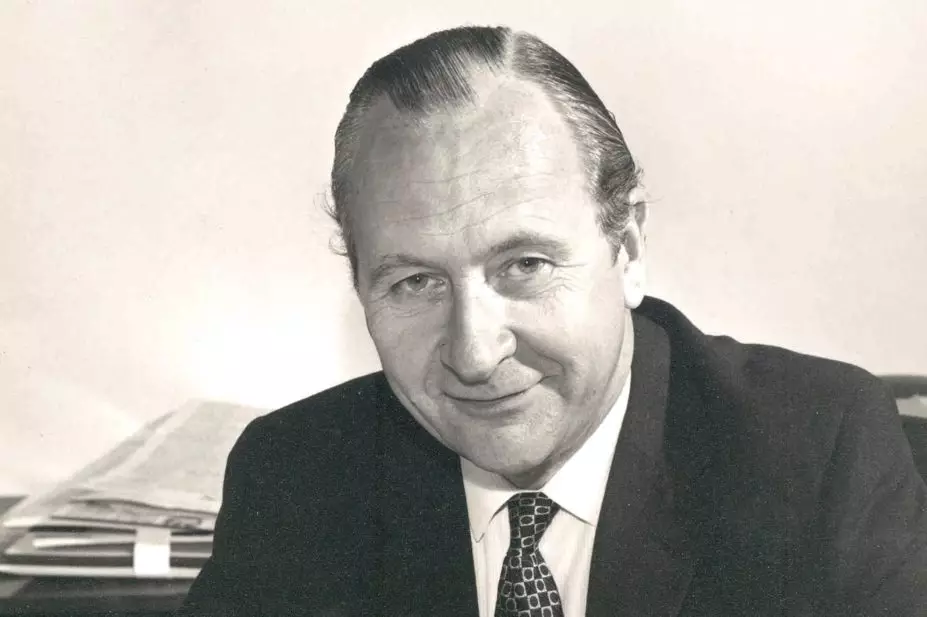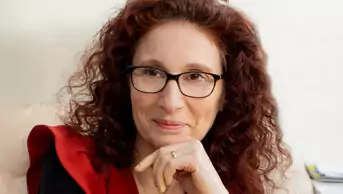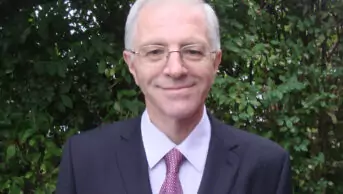
Boots Archive and Heritage Collection
Sir Gordon Hobday, who has died aged 99, spent 42 years at UK pharmacy chain Boots and was head of research at the time the company developed the anti-inflammatory drug ibuprofen.
Born in Sawley, Derbyshire, the son of a lathe operator, he was educated at Long Eaton grammar school and graduated from University College Nottingham, with a first in chemistry, before joining Boots as a research assistant in 1939 on a salary of £275. During the Second World War, he worked on the mass production of penicillin.
Hobday made steady progress from laboratory bench to chairmanship with one sudden promotion. When he was head of patents at Boots in August 1952, his immediate boss, Sir Jack Drummond, food scientist and former scientific adviser to the Ministry of Food during the war, was murdered in Provence with his wife Anne and ten-year-old daughter Elizabeth when the family were camping near a roadside. The crime was never satisfactorily solved. Although Gaston Dominici, a 75-year-old farmer, was convicted of the killings and imprisoned, he was later released at the instigation of President Charles de Gaulle in 1960.
“Hobday went over to France and was very dissatisfied with the lack of detail the French police put into the case,” recalls Derek Happs, former director of retail branches at Boots, who kept in touch with Hobday until his death in May 2015. “He thought they had not asked the right questions.” Happs, who is now 92, considered Hobday “the wisest, most balanced man I have ever met”.
“He never made a thoughtless response and once he believed in people he would back them,” he added.
Hobday took over from Drummond as head of research and decided that rheumatoid arthritis (RA) should be a focus of investigation.
“He was austere, a less warm personality than Sir Jack and quite conservative as a research director, but supportive,” recalls Stewart Adams, who led the team that went on to discover ibuprofen. “There was a big requirement as the drugs for RA at the time were not ideal and there was big scope for somebody, somewhere to find something better.”
Adams, who is now 92, started work in the front room of a Victorian house, which served as a laboratory until 1959, after Boots had been forced to move out of central Nottingham during the war. “The room had a bench in it, a fume cupboard, some shelves and a desk, but not much more,” he says. Hobday later oversaw the move to more appropriate laboratories in central Nottingham.
“Over the years we made four compounds that went to clinical trial and each one failed but there was never any pressure to close the programme down. I think Hobday had a fair degree of confidence in what we were doing,” says Adams.
The fifth compound, ibuprofen, was granted patent in 1961 but it took a further seven years for the drug to become licensed and available on prescription. In 1983, two years after Hobday had retired, it was made available over the counter as Nurofen.
In 1968, Hobday became deputy managing director of Boots, then managing director in 1970 and chairman in 1973. He oversaw the acquisition of the Timothy Whites chain and Crookes Laboratories and favoured further expansion of Boots.
In 1972, he launched a £400m bid for a merger with GlaxoSmithKline. As chairman, in 1973, he made a £225m offer to buy the House of Fraser stores, including Harrods. Both these bids fell foul of the Monopolies Commission. He was knighted in 1979.
During Hobday’s chairmanship, Boots acquired Rucker Pharmacol in the United States in 1977 and in 1986 it expanded US operations with the £377m purchase of a division of Baxter Travenol. It also bought two chains of drugstores in Canada and expanded into Spain, West Germany and France.
After retiring from Boots, Hobday was chairman of Central Independent Television from 1981 to 1985. He was also chancellor of the University of Nottingham for 13 years and Lord Lieutenant of Nottinghamshire from 1983 to 1991.
He was granted an honorary doctor of laws degree by the University of Nottingham for his services to science, the pharmaceutical industry and the university.
Keith Hammill, who was elected president of the student union at the University of Nottingham in the 1970s, remembers negotiating with Hobday and finding him responsive. “We were young and inexperienced and coping with the febrile atmosphere of student politics in the 1970s. We badly needed friends and, unlikely as it might have then seemed, the chairman of Boots was among those we found,” he told Times Higher Education.
Hobday’s first wife, Jean Joule, died in 1995. He is survived by his second wife, Patricia, whom he married in 2002 and Anne Sheard, his daughter from his first marriage.
“It was very sad when Jack Drummond was murdered in France because we as families were great friends. It was after that Dad progressed in Boots,” says Sheard.
“Dad was very private, hard working and ambitious and took on his roles with dedication and enthusiasm — all towards the company’s success.”
You may also be interested in

Nina Barnett (1965–2023)

Dominique Jordan (1960–2023)
